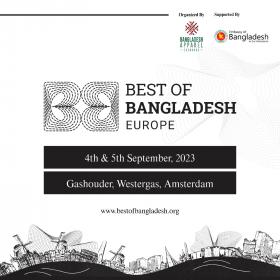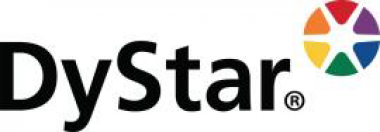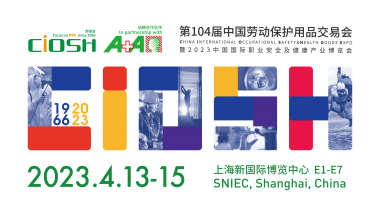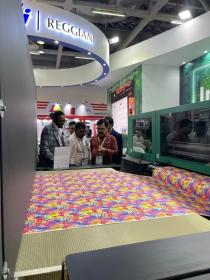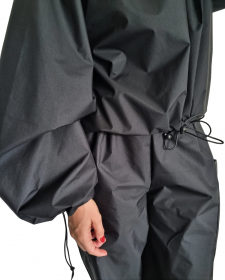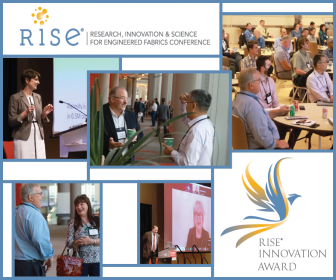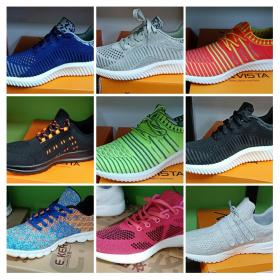Devan Chemicals presents latest sustainable textile finishes at Heimtextil 2024
Devan will showcase the newest additions to their R-Vital NTL Range and Thermic High Cooling technology.
R-Vital® NTL enables textile manufacturers to boost their textiles with a range of active, natural ingredients that have a positive effect on the body and mind. Elements such as Chamomile oil and Arnica Montana are absorbed by the skin and have relaxing, moisturizing or hydrating effects. The biobased content of the R-Vital well-being technology is +97%, readily biodegradable (OECD 301B).
R-Vital® NTL Regenight™: Devan and Lucas Meyer Cosmetics join forces to launch a ground-breaking technology, R-Vital NTL Regenight™, a technology which improves sleep quality and also improves nighttime skin recovery. Using an upcycled oil soluble fraction obtained from Australian Tea tree oil distillation process, Regenight™ acts through both inhalation to improve nighttime rest and through topical action to provide skin recovery.
Tested in real-life context using proven biometric technology, the dual action provided individually by Regenight™ proposes a breakthrough approach to reduce the impact of poor-quality sleep on the skin.
R-Vital® NTL Chamomile oil: Chamomile oil is known for its moisturizing and soothing properties. Additionally, this oil is believed to have antioxidant and inflammatory properties. Furthermore, chamomile oil is renowned for its calming effects and potential to reduce stress and anxiety, helping improve sleep quality.
R-Vital® NTL Warming: Engineered to deliver a gentle warmth, the R-Vital NTL Warming technology ensures a cozy and comfortable sleeping experience. This blend is a solution that infuses a sense of warmth, promoting physical and emotional well-being.
R-Vital NTL Arnica Montana: Harnessing the natural benefits of Arnica Montana, this ingredient, is celebrated for its potent healing and recovering properties.
At Heimtextil Devan will also present a new high cooling technology that provides an optimal and refreshing sleeping climate, ensuring a cool and restful night's sleep. Thermic High Cooling is based on reactive microencapsulated Phase Change Materials (PCMs). The smart heat exchange mechanism keeps the body within its comfort zone. This makes the body suffer less from night sweats, and results in a longer, healthier and more comfortable sleep with fewer awakenings. This new formulation with high cooling level and high solid content, presents around 30% more cooling than standard PCM formulations. One padding allows to achieve high cooling level (no need to run multiple applications). A Bio-based version is also available - Thermic® Bio, where the PCMs are derived from sustainable, natural sources.
Devan Chemicals










